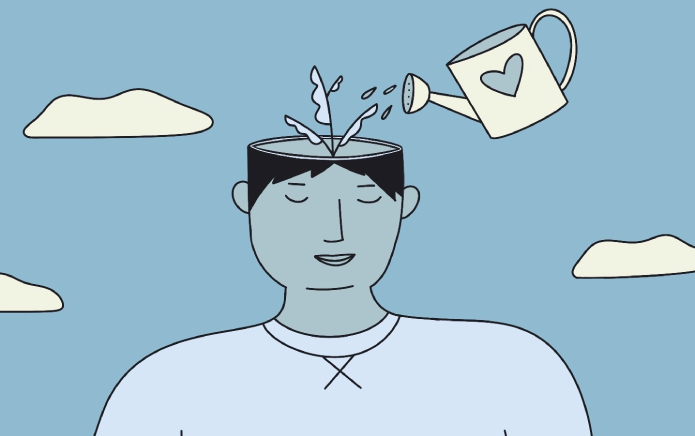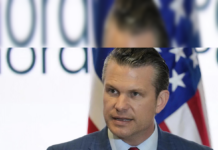
In hindsight, I know my parents didn’t mean any harm. Their lives were impacted by being made refugees in their mid-20s due to the breakdown of the former Yugoslavia. So, I understand why my parents couldn’t comprehend why their son, who was born in London with all the privileges they didn’t have, couldn’t just simply be happy.
But that’s just it, that’s the nature of mental health – it does not ask nor care about what external privileges you have. It doesn’t discriminate in that way.
My battles were intensified by the internalised battle I was having with my multifaceted identities, including being LGBTQ+. I was coming to terms with being a man and what that meant in our society as well as being bisexual, my faith and my heritage all at once.
In research by Just Like Us, it was found that LGBTQ+ young people are three times more likely to self-harm, also they are twice as likely to have depression, anxiety and panic attacks as well worry about their mental health daily.
I ended up dealing with panic disorder, depersonalisation disorder and generalised anxiety disorder alone for 10 years before seeking medical help. This is because those phrases I mentioned – “man-up”, “grow some balls” and “stop acting like a girl” – perpetually rang in my ears, clouding my mind and my judgement.
The cultural pressures and societal shame really scarred me. I still remember my mother telling me not to tell anyone about what I was experiencing. While she never gave me a reason as to why, I know it had to do with the continual culture of shame around men discussing their emotions and mental health within my culture.
But despite all these challenges, I got the help I needed, even if this wasn’t a linear process. The NHS mental health services were and are severely underfunded, but I truthfully believe that I would not be here without them.
The help I received from therapists who approached me as a person and not as an expectation, allowed myself to express, clarify and vocalise what I had been keeping inside for so long.
As well as Pride, the month of June marks Men’s Mental Health Awareness, a time to bring representation to the issues that men face in terms of their emotional and mental wellbeing. As I experienced, there is a real need to be more inclusive and intersectional in our approach to mental health.
If you’re struggling, please reach out to Switchboard or Samaritans. Do not allow those societal expectations to make you feel ashamed – I’m so glad I reached out and I hope you do too.
Arbër is a volunteer with Just Like Us. Donate to support LGBTQ+ young people this Pride.








